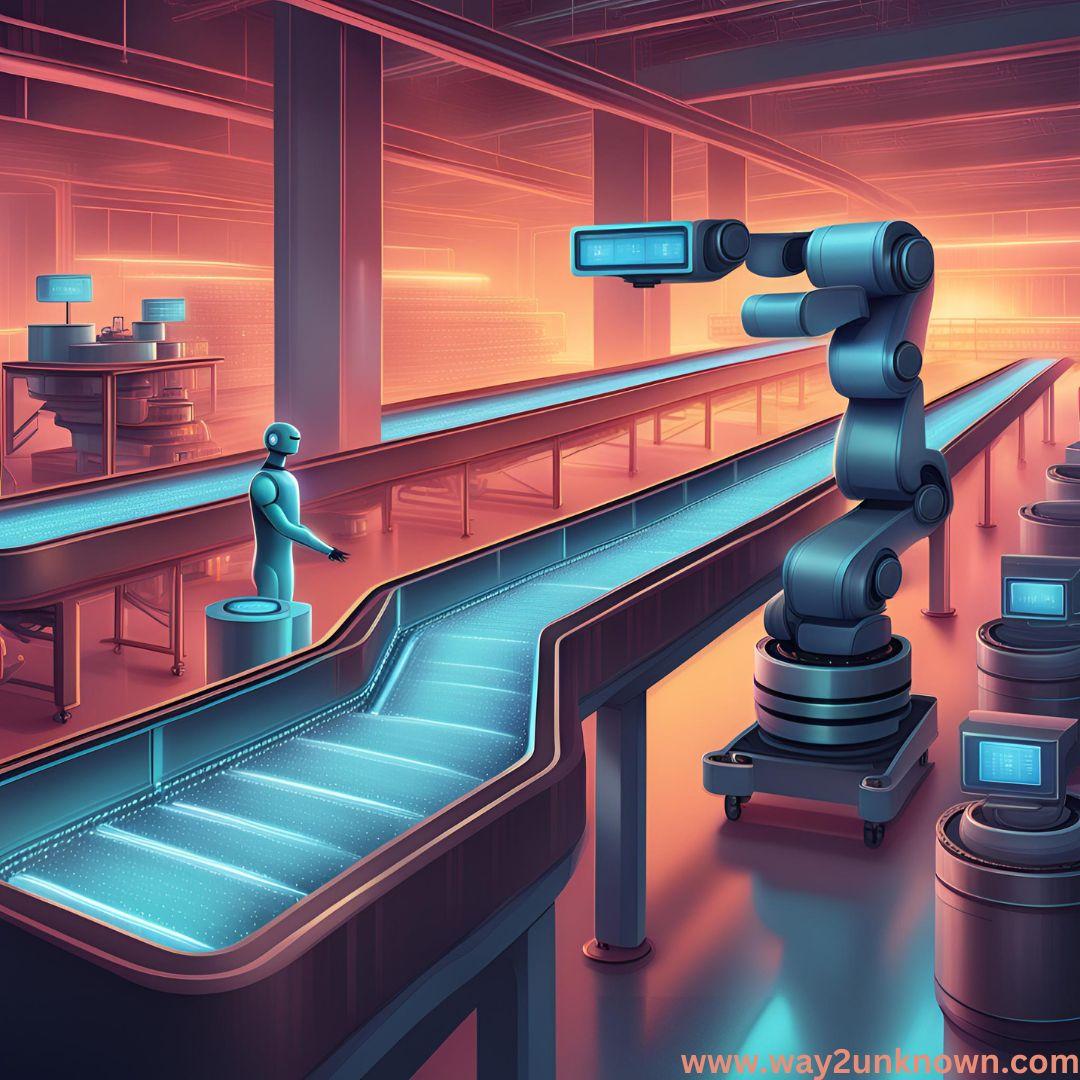Revolutionizing Manufacturing: The Role of AI in Supply Chain Optimization

In the fast-paced world of manufacturing, efficiency and precision are paramount. As industries strive to meet increasing demands while minimizing costs, the integration of Artificial Intelligence (AI) into supply chain management has emerged as a game-changer. By harnessing the power of AI, manufacturers are revolutionizing their operations, streamlining processes, and maximizing productivity like never before.
One of the key areas where AI is making a significant impact is in supply chain optimization. Traditionally, supply chain management involved complex networks of suppliers, distributors, and logistics providers, making it challenging to predict and respond to changing demands effectively. However, AI technologies, such as machine learning algorithms and predictive analytics, are enabling manufacturers to analyze vast amounts of data in real-time, allowing for more accurate demand forecasting and inventory management.
AI-driven supply chain optimization begins with data collection from various sources, including production systems, sales records, and external factors like weather patterns and market trends. This data is then analyzed to identify patterns and trends, enabling manufacturers to make informed decisions about production schedules, inventory levels, and distribution strategies. For example, AI algorithms can predict future demand based on historical sales data, allowing manufacturers to adjust production levels accordingly, thereby minimizing excess inventory and reducing costs.
Moreover, AI enables manufacturers to optimize logistics and distribution processes, leading to faster delivery times and reduced transportation costs. By leveraging AI-powered route optimization algorithms, companies can identify the most efficient routes for transporting goods, taking into account factors such as traffic patterns, fuel costs, and delivery deadlines. This not only reduces transportation expenses but also enhances customer satisfaction by ensuring timely deliveries.
Furthermore, AI enables manufacturers to implement proactive maintenance strategies, minimizing downtime and optimizing equipment performance. By analyzing sensor data from machinery and equipment in real-time, AI algorithms can detect potential issues before they escalate into costly breakdowns, allowing for timely maintenance and repairs. This predictive maintenance approach not only improves operational efficiency but also extends the lifespan of critical assets, ultimately reducing maintenance costs and enhancing overall productivity.
In conclusion, AI is transforming the manufacturing sector by revolutionizing supply chain management. By leveraging AI technologies for demand forecasting, inventory management, logistics optimization, and predictive maintenance, manufacturers can achieve higher levels of efficiency, productivity, and cost-effectiveness. As AI continues to evolve, its potential to drive innovation and reshape the future of manufacturing is virtually limitless, paving the way for a new era of intelligent and agile supply chain operations.